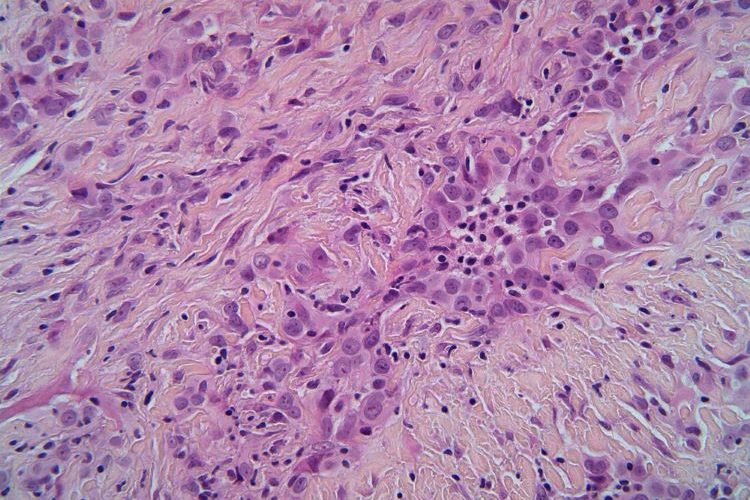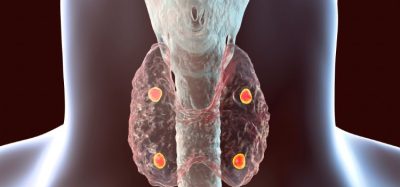New chemotherapy treatment could benefit multiple cancer types
Posted: 15 February 2024 | Catherine Eckford (European Pharmaceutical Review) | No comments yet
The innovative treatment significantly increased survival in patients with malignant pleural mesothelioma, a rare, aggressive cancer, according to Phase III data from UK researchers.


A clinical trial in malignant pleural mesothelioma (MPM) has demonstrated the first successful combination of chemotherapy with a drug targeting cancer’s metabolism developed for the asbestos-induced disease in two decades. The anti-cancer treatment combines the new drug ADI-PEG20 and traditional chemotherapy.
The Phase III ATOMIC-meso trial was led by Queen Mary University of London in the UK and studied 249 patients with the disease.
Data from the study showed that [the combination of ADI-PEG20 and traditional chemotherapy] quadrupled the survival [of malignant pleural mesothelioma] participants at 36 months”
Data from the study showed that the combination treatment improved the median survival of participants by 1.6 months and quadrupled the survival at 36 months. This was compared to chemotherapy alone, which was used as a placebo.
Malignant pleural mesothelioma has a five to 10 percent five-year survival rate, one of the lowest of any solid cancer, Szlosarek et al. noted. While the disease can usually be treated with chemotherapy, it is not often capable of stopping progression of the disease.
Therefore, the findings from the clinical trial are “significant”, according to researchers.
The novel cancer treatment’s mechanism of action
Professor Peter Szlosarek, Professor of Medical Oncology at Queen Mary’s Barts Cancer Institute first discovered that malignant mesothelioma cells lack ASS1, a protein which enables cells to manufacture their own arginine. His team then worked to develop the new cancer therapy using this insight.
The combination cancer treatment works by depleting arginine levels in the bloodstream, ultimately starving the tumour by cutting off its food supply. Cells need nutrients to proliferate, including amino acids such as arginine, noted Szlosarek et al.
“It’s truly wonderful to see the research into the arginine starvation of cancer cells come to fruition… a new treatment, ADI-PEG20, [is] now improving patient lives affected by mesothelioma,” Professor Szlosarek stated.
Ongoing studies are investigating ADI-PEG20 in patients with cancers such as sarcoma or glioblastoma multiforme, which are dependent on arginine. Following the positive data from the Phase III trial, this innovative chemotherapy could benefit other types of cancer, the researchers concluded.
The research has been published in JAMA Oncology.
Related topics
Anti-Cancer Therapeutics, Clinical Development, Clinical Trials, Data Analysis, Drug Development, Industry Insight, Research & Development (R&D), Therapeutics
Related organisations
Related drugs
Related people
Related diseases & conditions
Cancer, Glioblastoma (GBM), malignant pleural mesothelioma, sarcoma








